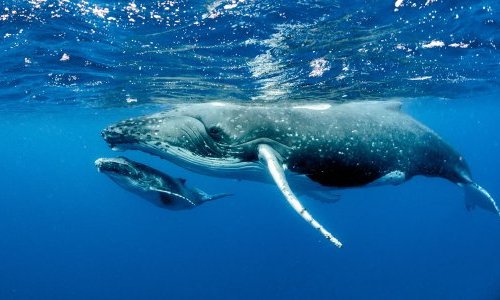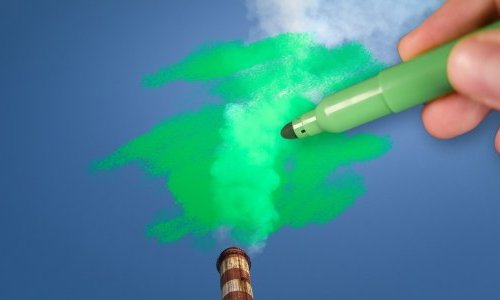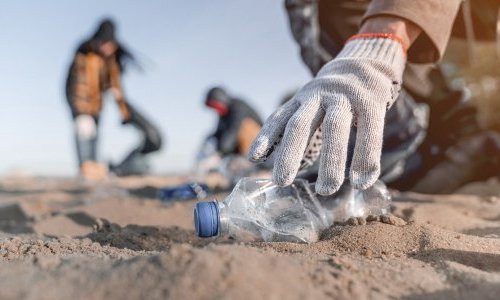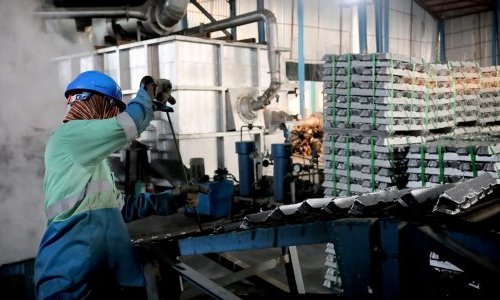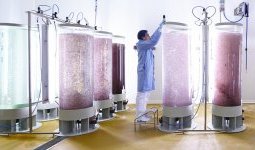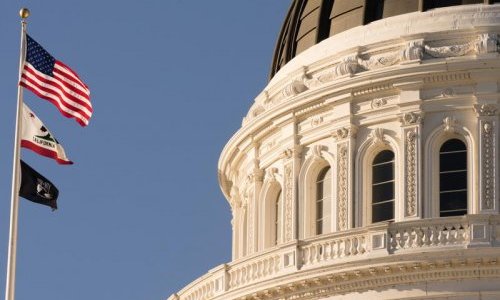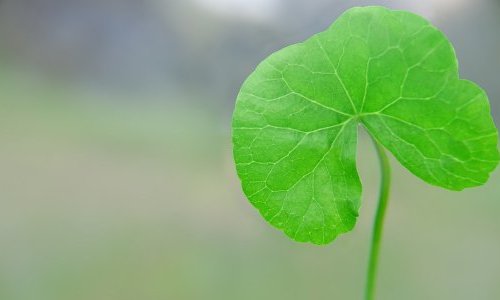As far as climate change is concerned, Unilever has already committed to have no carbon emissions from their own operations, and to halve the greenhouse gas (GHG) footprint of their products across the value chain, by 2030. In response to the scale and urgency of the climate crisis, the group is now additionally committing to net zero emissions from all their products by 2039 - from the sourcing of the materials, up to the point of sale of their products in the store.
To achieve this goal, Unilever said they will prioritise building partnerships with suppliers who have set and committed to their own science-based targets. The group will set up a system for their suppliers to declare, on each invoice, the carbon footprint of the goods and services provided and will create partnerships with other businesses and organisations to standardise data collection, sharing and communication.
Unilever wants also to go further in the fight against deforestation and achieve a deforestation-free supply chain by 2023. The group therefore wants to have visibility on exact sourcing locations, and no longer rely on the mass balance system, which does not allow for accurate verification. In order to increase traceability and transparency, the group will use emerging digital technologies - such as satellite monitoring, geolocation tracking and blockchain.
Other commitments include:
![]() To empower a new generation of farmers and smallholders who are committed to protecting and regenerating their farm environment.
To empower a new generation of farmers and smallholders who are committed to protecting and regenerating their farm environment.
![]() To introduce a pioneering Regenerative Agriculture Code for all their suppliers.
To introduce a pioneering Regenerative Agriculture Code for all their suppliers.
![]() To implement water stewardship programmes for local communities in 100 locations by 2030.
To implement water stewardship programmes for local communities in 100 locations by 2030.
![]() To join the 2030 Water Resources Group, a multi-stakeholder platform hosted by the World Bank, to contribute to transformative change and building resilience in water management in key water-stressed markets.
To join the 2030 Water Resources Group, a multi-stakeholder platform hosted by the World Bank, to contribute to transformative change and building resilience in water management in key water-stressed markets.
![]() To make all product formulations biodegradable by 2030, to minimise their impact on water and the aquatic ecosystems.
To make all product formulations biodegradable by 2030, to minimise their impact on water and the aquatic ecosystems.
To accelerate action, Unilever’s brands will collectively invest EUR 1 billion in a new dedicated Climate & Nature Fund. “This will be used over the next ten years to take meaningful and decisive action, with projects likely to include landscape restoration, reforestation, carbon sequestration, wildlife protection and water preservation,” said the group in a statement.



